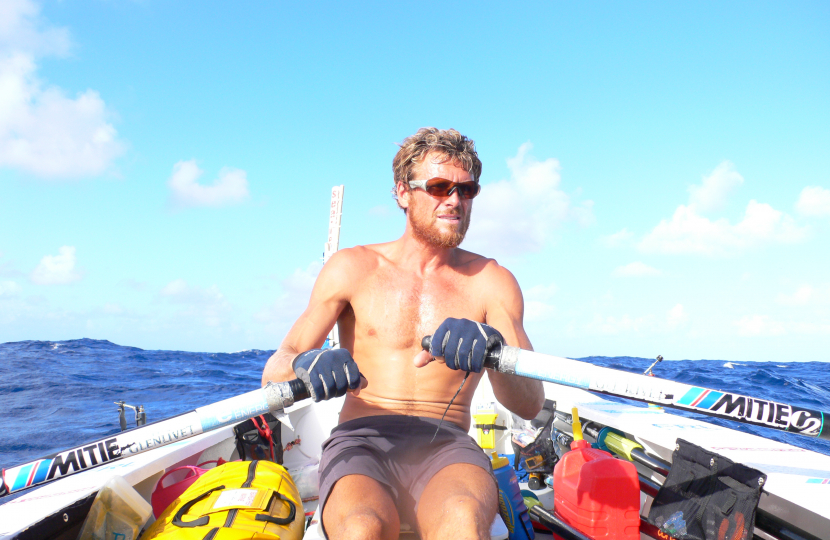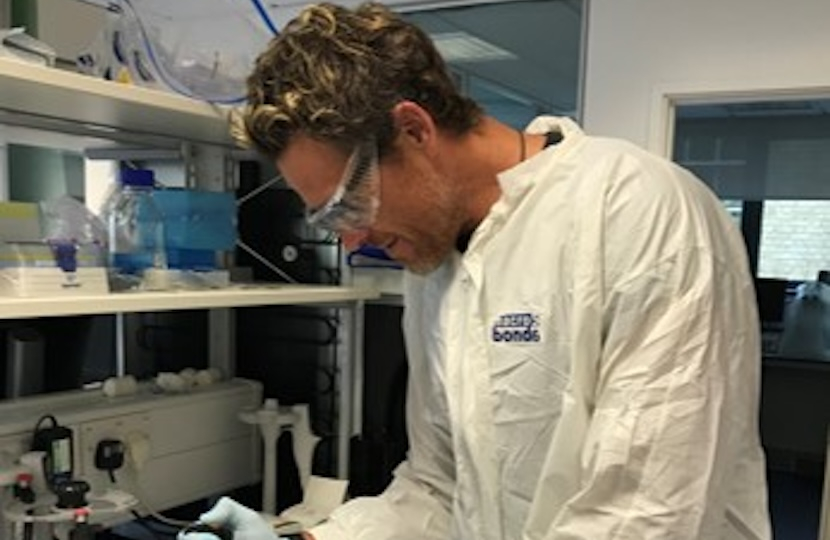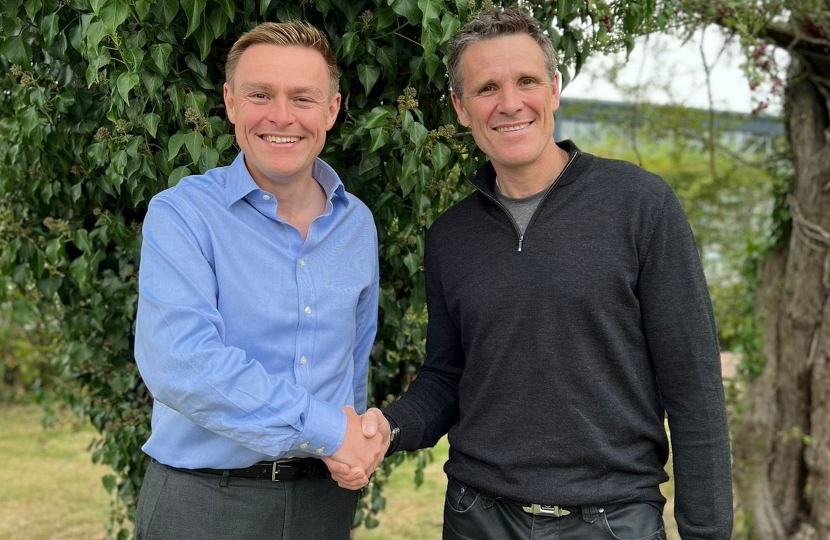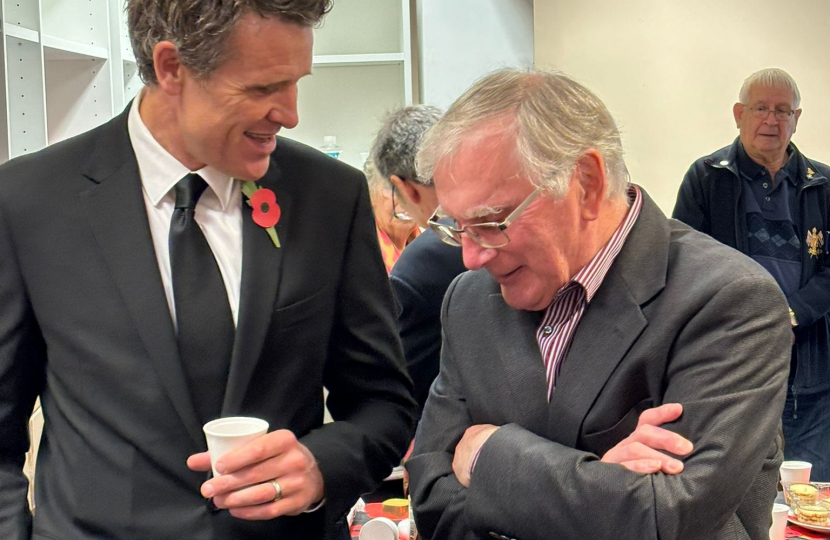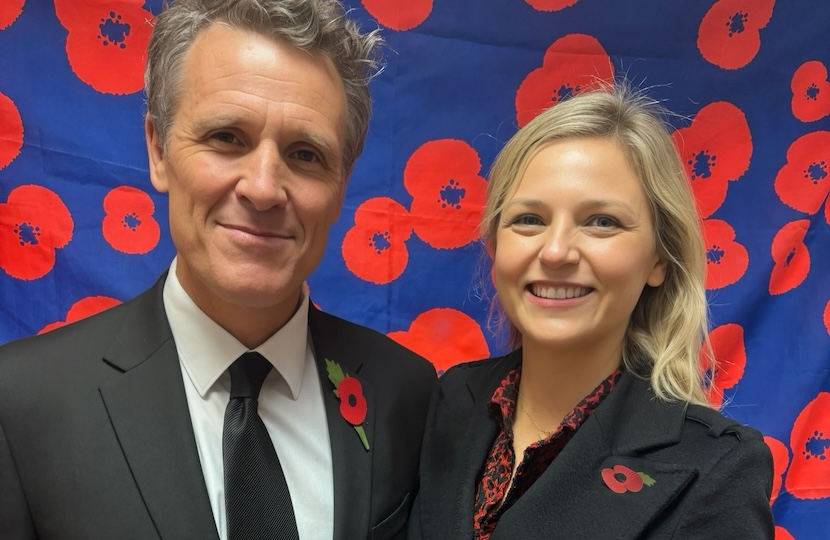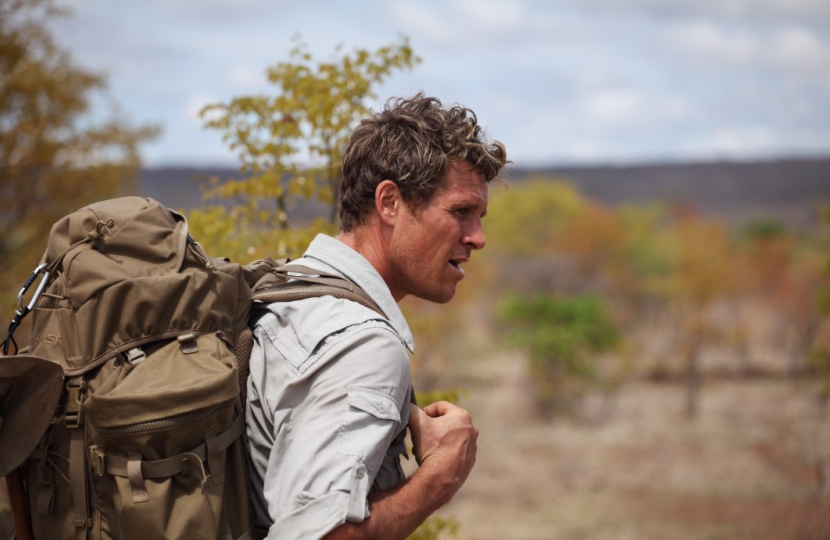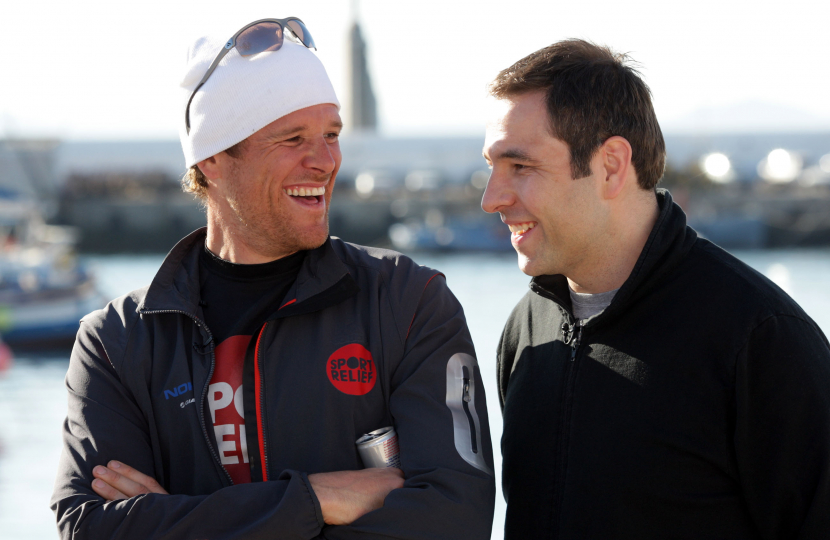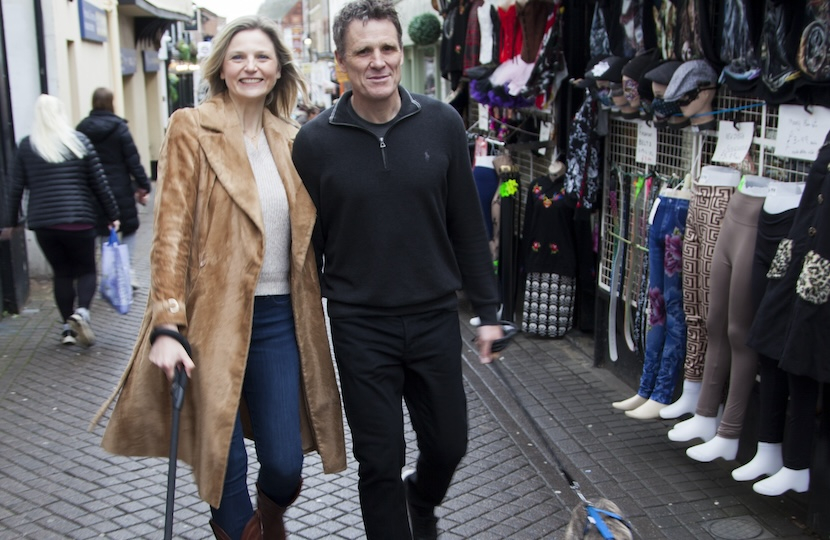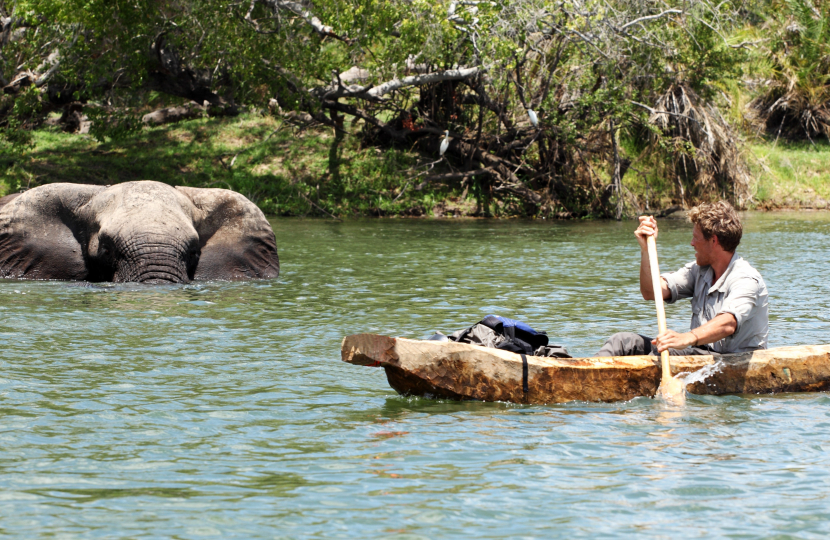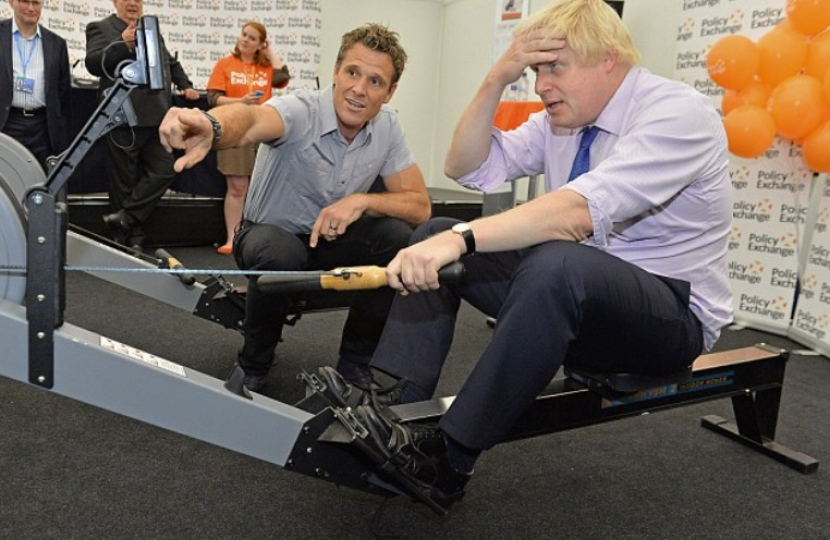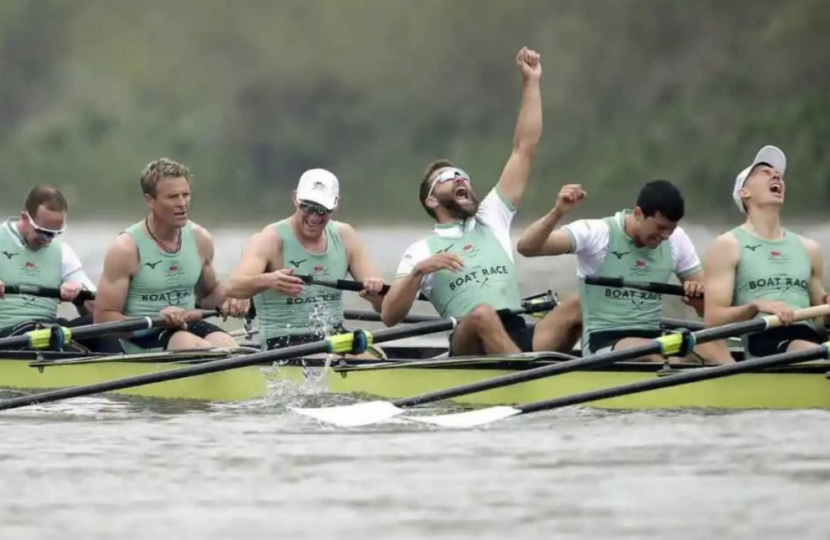I live in Castle Ward with my wife, Jordan, and our two statuesque French Bulldogs, Dug and George. I share three glorious children who predominantly live with their mum in west London.
I currently lead the sustainability and wellbeing team for Curve Workplaces, an office design and build company. In order to fully commit to Colchester, my fellow residents, and the election campaign, I moved to Colchester and now consult rather than work full-time for Curve. Jordan works in London for a New York-based finance company.
The Olympic Games were a major focal point, arguably the focal point of my life for over 15 years. The skills I developed, the relationships I built, challenges I overcame, and the lessons I learned en route to winning the Olympics are still my guiding principles today. Integrity, self-motivation, personal responsibility, absolute commitment, focus on a long-term goal, working as a team, and delivering under pressure.
I believe in people setting their own ceilings in sport, business, and life rather than having them imposed and other people limiting one’s ambition. We won the Olympics by 0.38s in 2000 and 0.08s in 2004. If I’d avoided those difficult conversations the results would have been very different. I’d still be in a foul mood nearly a quarter of a century later.
Having been a teacher in a deprived community in London with high levels of youth anti-social behaviour (ASB), I saw kids with time, energy, and nothing to do – a recipe for trouble. Personally, I benefited from access to sporting facilities and supportive, active parents. I try to provide the same for my kids but I’m well aware so many young people aren’t so lucky. In 2004, I was a founding trustee of a charity (Access Sport) that funded community sports clubs in areas of deprivation and high ASB, giving young people a place to channel their energy and enjoy sport and physical activity in a safe space. Alongside learning new skills, and taking pride in their environment, teamwork, and responsibility, we have seen ASB fall and sporting engagement increase in every community and sports club we have supported.
My desire to serve the public through politics was cemented after suffering a serious cycling accident. Whilst working in the United States, I was hit by a fuel truck and airlifted to hospital. My family was told to fly to Phoenix, Arizona where I was in a coma with a traumatic brain injury and a fractured skull.
That moment changed my life. It also changed people’s perceptions of my life. No clinician was positive about my recovery. That negativity influenced friends and family who kept trying to limit my expectations. I never, ever wavered in my belief that I’d make a full recovery.
My life did change direction. I stopped working on adventure documentaries for television, switching my energy to focus on empowering people to live healthy lives through effective public health policy. I authored a report on childhood obesity for the political think tank Policy Exchange and with the Centre for Social Justice (CSJ) produced a report on poverty, obesity, and physical activity. Whilst working on the report at the CSJ with numerous medical experts, I realised I needed to add academic credibility to my passion and knowledge of lifestyle / non-communicable diseases.
When I was discharged from hospital two months after the accident, a neurologist said to me, “Where you are in your recovery after three years is likely to be your ceiling.” He went on to list things I should not expect to be able to do. I refused to let him limit me. I gained a place to study an MPhil in Human Evolution. I handed my thesis in on the 9th anniversary of the day of my accident. That year I also competed in and won the Oxford-Cambridge University Boat Race, 15 years after I last rowed and where I was 20 years older than the next guy in the boat. I set my own limits.
I wrote a letter to the neurologist saying that if I had let him put a ceiling on my rehabilitation, I wouldn’t have been able to achieve what I had post-accident or at Cambridge. I asked him to think about how many patients’ recovery he had impacted by setting limits to their expectations.
That sentiment is why I want to be an MP. I want people to have the confidence, drive, and ambition to set their own limits and as an MP I will encourage, support, and not let needless bureaucracy get in the way.
I made a complete recovery, but on my journey there were numerous barriers I had to overcome. The most difficult was other people’s perception of what I was able to do. My experience as a sportsman has taught me to set my own targets and, on the way, prove people wrong to achieve them. I desperately want to be in a position to encourage people to back themselves. There is more potential, resilience, and drive within each of us than we realise. Let’s back ourselves.

